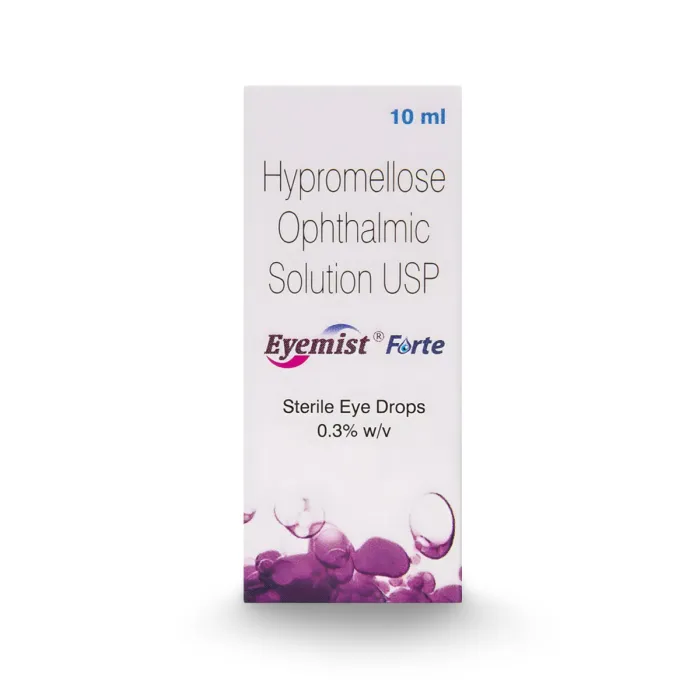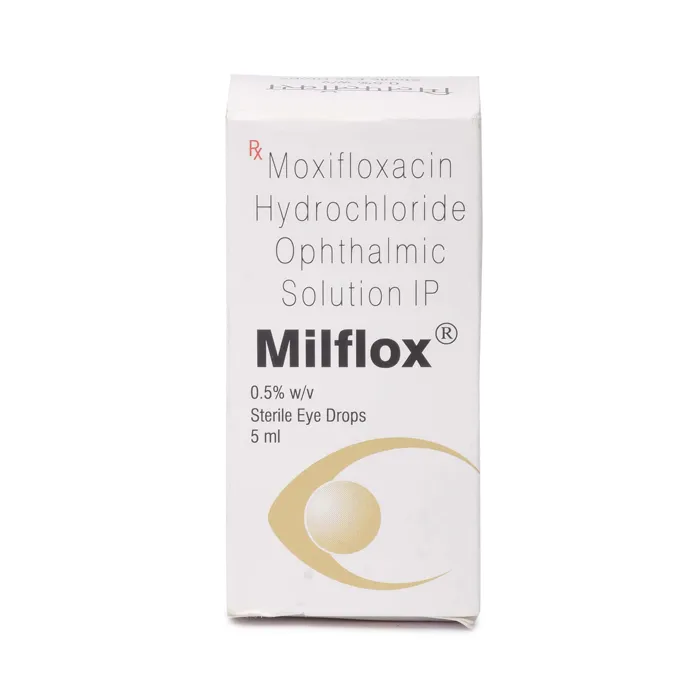Puffy eyes are a common concern for many, affecting our appearance and overall comfort.
Allergies, Insomnia, and aging are common causes of puffy eyes.
This article examines the complex connection between puffy eyes and allergies, highlighting the causes and contributing factors.
Also, it provides an overview of identifying puffy eyes and eye allergies and examines available treatment options.
Puffy Eyes and Allergies
Puffy eyes often go hand in hand with eye allergies, making it essential to understand the connection.
When allergies are triggered, the immune system releases chemicals that lead to symptoms, including puffy eyes, itching, red eyes, and watery eyes.
Common allergens responsible for these reactions include pollen, pet dander, dust mites, and certain foods.
Allergic reactions cause blood vessels to dilate, leading to swelling and discomfort around the eyes.
Recognizing the link between allergies and puffy eyes is key to effective treatment and prevention.
To learn more about eye swelling due to allergies, read Swollen Eye From Allergies: Identifying Triggers and Finding Relief.
Save up to 90% on your medicine bills

Eyemist Forte 10 ml

Milflox 0.5% 5 ml

Restasis 0.05% Ophthalmic Emulsion

Pred Forte 10 ml
Diagnosis of Allergic Reactions and Puffy Eyes
When experiencing puffy eyes due to an allergic reaction, it is important to seek a thorough evaluation from a doctor.
Various tests may determine the specific allergen responsible for the symptoms.
Skin prick tests, where small amounts of common allergens are applied to the skin to check for reactions, can pinpoint the allergen.
Blood tests can also help measure allergen-specific antibodies.
A detailed medical history, including environmental and lifestyle factors, is also crucial in diagnosis.
These diagnostic measures ensure the treatment plan is tailored to the patient’s unique allergens and needs.
To know more about the causes of puffy eyes, read Unveiling the Mystery: What Causes Puffy Eyes and How to Treat Them
Treatment of Puffy Eyes Caused by Allergies
 Source: tirc83_from_Getty_Images
Source: tirc83_from_Getty_ImagesAddressing puffy eyes caused by allergies involves a varied approach.
Medications such as Antihistamines and decongestants can relieve symptoms like itching and swelling.
For those with persistent allergies, allergy shots or Immunotherapy may be recommended to desensitize the immune system to specific allergens.
In addition to pharmacological interventions, lifestyle changes are crucial for effective management.
Reducing exposure to allergens through proper cleaning and air purification can significantly reduce symptoms.
Regular eye hygiene and artificial tears can help prevent puffy eyes from recurring.
To learn more about remedies for puffy eyes, read Effective Puffy Eyes Remedy: Natural Solutions and Eye Roll-Ons.
Preventing Puffy Eyes from Allergic Reaction
Preventing puffy eyes caused by allergic reactions involves proactive measures to reduce exposure to allergens.
Keeping your living space clean and using air purifiers can help eliminate airborne allergens like dust and pet dander.
Consider using allergen-proof covers for pillows and mattresses to create a barrier against common allergens.
If you have seasonal allergies, monitoring pollen forecasts and staying indoors during high pollen counts can significantly reduce the risk of puffy eyes.
Furthermore, practicing good eye hygiene, including washing your face and hands regularly, can prevent allergens from coming into contact with your eyes.
Consult with an allergist or immunologist for personalized advice on minimizing allergic reactions and, in turn, the occurrence of puffy eyes.
By taking these precautions, you can enjoy clearer and more comfortable vision.
Conclusion
Puffy eyes are a common concern for many, affecting our appearance and overall comfort.
Understanding the connection between puffy eyes and allergies is crucial in the treatment of both conditions.
Puffy eyes can frequently be caused by allergies, which can have a variety of triggers, including dust, pollen, and pet dander.
Getting a correct diagnosis from a medical expert is essential because it opens the door to individualized care and relief.
Preventative steps like avoiding allergens and practicing proper eye hygiene can reduce allergies.
You can ensure your eyes stay allergy-free, comfortable, and clear by following these instructions.

Frequently Asked Questions
How do I prevent puffy eyes caused by allergies?
To prevent puffy eyes during allergy seasons, monitor pollen forecasts and stay indoors during high pollen counts.
Using air purifiers and keeping windows closed can also help reduce allergen exposure.
What is the role of eye drops in managing puffy eyes due to allergies?
Over-the-counter or prescription eye drops can help relieve eye symptoms associated with allergies, such as itching and redness.
Consult your healthcare provider for recommendations based on your specific condition.
Are there any long-term solutions to prevent puffy eyes from recurring due to allergies?
Yes, long-term solutions include allergen Immunotherapy (allergy shots), which can help your immune system become less sensitive to specific allergens.
Consult an allergist for personalized guidance.
Can children experience puffy eyes due to allergies, and how should they be treated?
Yes, children can experience puffy eyes from allergies.
Treatment for children may include age-appropriate allergy medications and allergen avoidance strategies. Consult a pediatrician for guidance.
Are puffy eyes from allergies a sign of a severe allergic reaction?
No, puffy eyes alone are usually not a sign of a severe allergic reaction.
However, if they are accompanied by other severe symptoms like difficulty breathing or swelling of the face and throat, it could indicate a severe allergic reaction (Anaphylaxis) and require immediate medical attention.
Cheap Medicine Shop only refers to credible, authoritative sources for our content. If you’re curious about how we ensure the integrity of our content, we encourage you to read our Content Information Policy.














